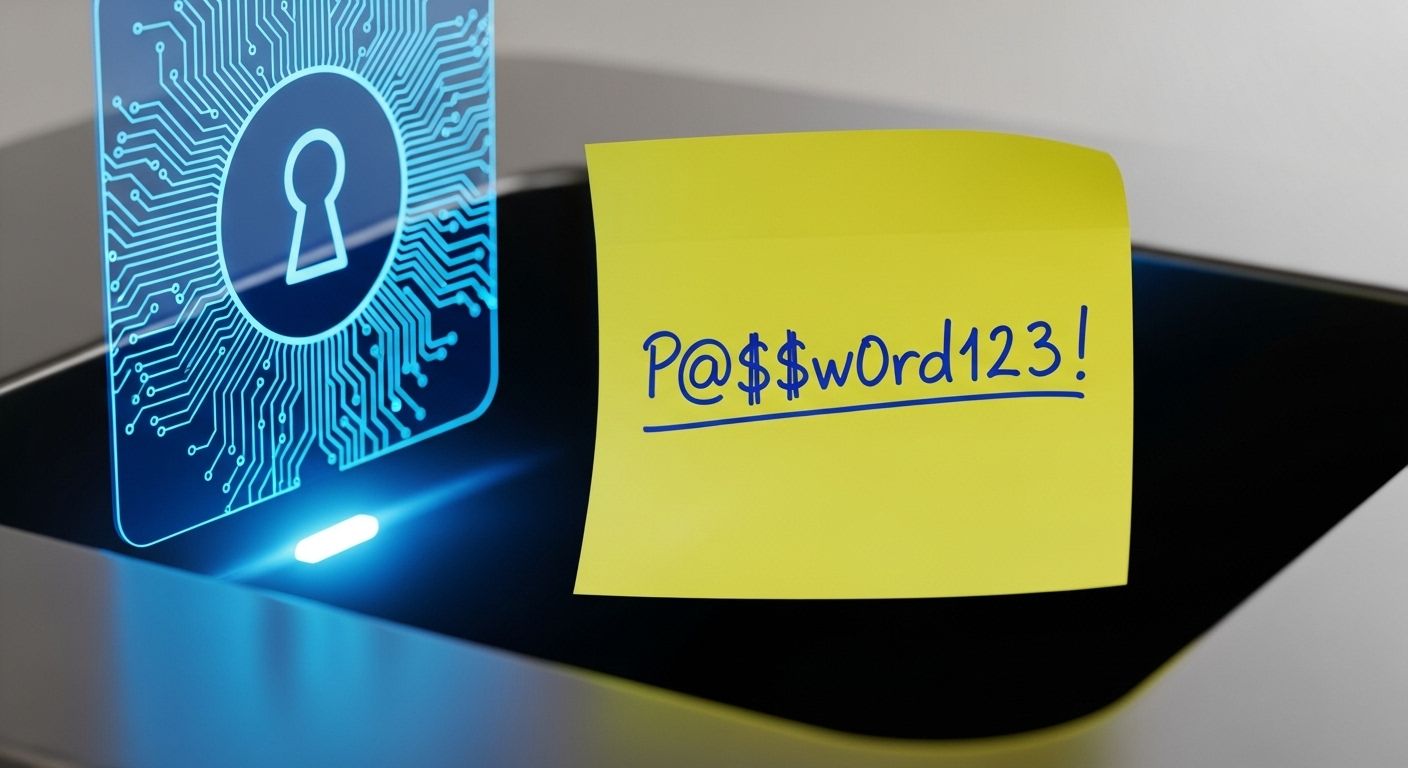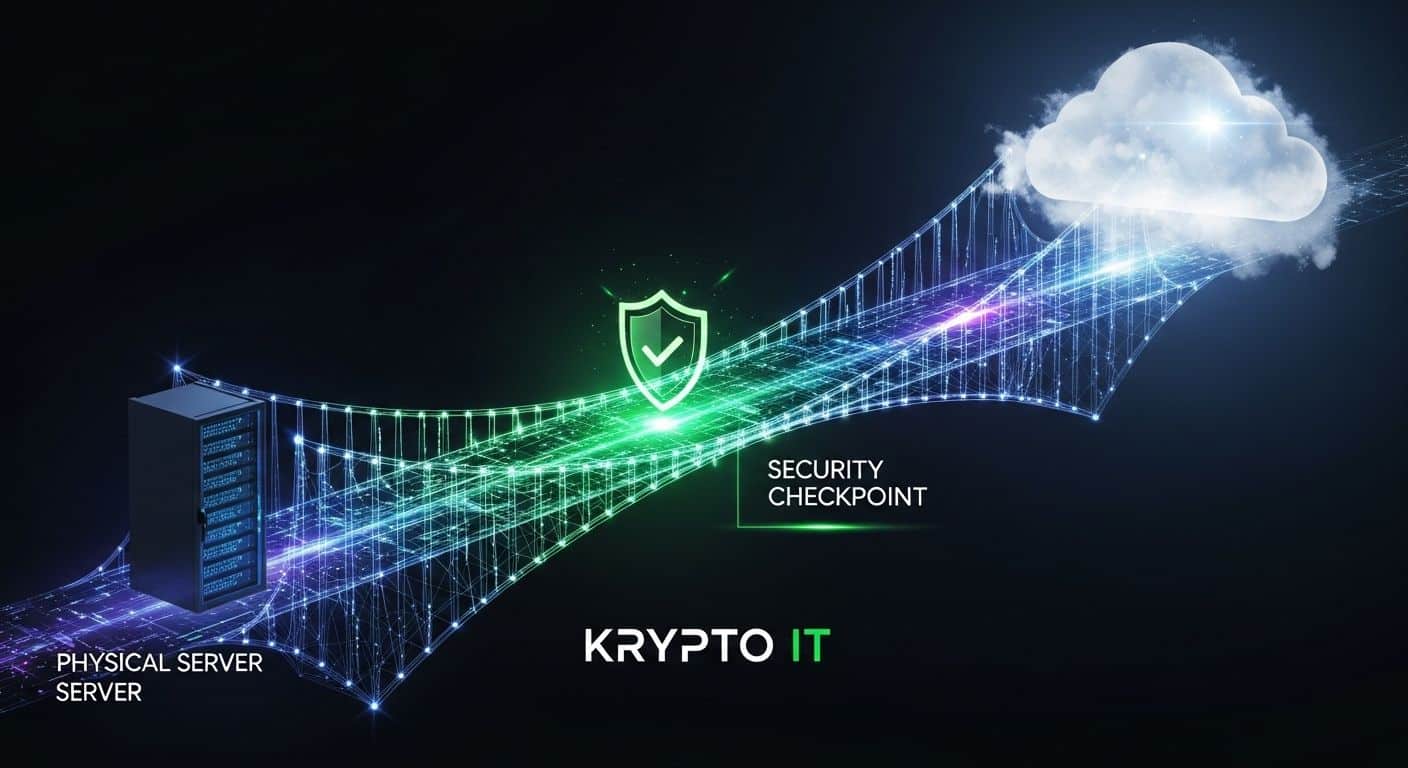
Phishing & Social Engineering: Still the Top Threat
June 30, 2025
FBI Warns: 2FA Bypass Attacks Are Surging
July 2, 2025Why Cybercriminals Are Stealing Health Data Through Deception
The healthcare sector is a prime target for cybercriminals due to the immense value of Protected Health Information (PHI) and the critical nature of its services. While ransomware and direct hacks make headlines, a more insidious tactic is now on the rise: cybercriminals are posing as legitimate fraud investigators or health insurers to trick patients and even healthcare providers into divulging sensitive health and financial data. The FBI has recently issued warnings about this pervasive social engineering scheme, highlighting its growing threat to individuals and businesses alike.
For Small and Medium-sized Businesses (SMBs) in Houston’s healthcare ecosystem – from small clinics and dental offices to specialized medical service providers – this particular scam is a critical concern. It preys on trust, urgency, and the complex nature of healthcare billing, making it incredibly effective at bypassing traditional security measures.
The Deceptive Playbook: How the Scam Works
This form of social engineering is highly sophisticated and leverages multiple psychological triggers:
- Impersonation of Authority: The scammers pose as representatives from legitimate health insurers, government agencies (like Medicare or Medicaid), or even law enforcement/fraud investigation units. They often use names and logos that mimic real organizations, creating a veneer of official legitimacy.
- Targeted Communication: Attacks often come via emails, text messages (smishing), or phone calls (vishing). While mass campaigns exist, some are highly targeted, leveraging publicly available information about patients or providers to make the communication more believable.
- Pressure Tactics: The messages are designed to pressure victims into immediate action. Common pretexts include:
- Alleged Service Overpayments: Claiming the victim received an overpayment for services and needs to “reimburse” funds, often directing them to provide bank account details for a “refund” or “repayment.”
- Non-Covered Services: Stating that certain medical services were not covered and require immediate patient or provider action to avoid penalties or legal issues.
- “Audit” or “Investigation”: Demanding medical records, patient information, or personal financial details under the guise of an ongoing audit or fraud investigation.
- Exploiting Complexity: The U.S. healthcare billing and insurance system is notoriously complex. Scammers exploit this confusion, knowing that patients and even providers might be unsure about legitimate processes for audits, overpayments, or claims.
- Information Harvesting: The ultimate goal is to collect highly valuable information:
- Protected Health Information (PHI): Medical records, treatment details, diagnoses.
- Personally Identifiable Information (PII): Social Security numbers (SSNs), dates of birth, addresses, phone numbers.
- Financial Details: Bank account numbers, credit card information, routing numbers.
Why Health Data is Cybercriminals’ Gold Mine
Health data is often considered more valuable on the dark web than financial data, and for good reason:
- Longevity: Unlike credit card numbers that can be canceled, medical records and SSNs generally don’t expire, making them useful for long-term identity theft.
- Comprehensive Profile: PHI, combined with PII, creates a detailed profile of an individual, allowing criminals to:
- Commit sophisticated identity theft.
- File fraudulent tax returns.
- Open new credit lines or bank accounts.
- Obtain prescription drugs or medical services under the victim’s name.
- File fake insurance claims.
- Even create new identities.
- Blackmail and Extortion: Sensitive health information can be used for direct blackmail, putting immense pressure on individuals to pay.
The Impact on Houston SMBs in Healthcare
For smaller healthcare providers, clinics, and related businesses in Houston, this scam poses unique and severe risks:
- Direct Compromise of PHI: If your staff falls for these scams, your patients’ sensitive data could be directly handed over to criminals, leading to a major data breach.
- HIPAA Violations: Any unauthorized disclosure of PHI, even through social engineering, constitutes a HIPAA violation, leading to significant fines and mandated corrective actions.
- Financial Loss: Fraudulent reimbursements or direct demands for money can lead to immediate financial loss for your practice.
- Reputational Damage: A data breach involving patient data can severely damage the trust your patients place in you, leading to patient churn and long-term harm to your practice’s reputation.
- Operational Disruption: Dealing with a security incident, legal fallout, and potential investigations diverts critical resources away from patient care.
- Lack of Dedicated Security Staff: Smaller practices often lack the in-house cybersecurity expertise to identify and respond to such sophisticated social engineering attacks effectively.
Protecting Your Houston SMB from Fraud Investigator Scams
Combating this specific form of social engineering requires heightened awareness and proactive measures:
- Continuous & Targeted Security Awareness Training:
- Focus on this specific scam: Educate all staff, especially those in billing, administration, and patient intake, about these scams. Explain how criminals impersonate insurers and fraud investigators.
- Recognize Red Flags: Train staff to look for unsolicited requests for PHI or financial details, urgent demands, threats of legal action or penalties, and pressure to bypass standard procedures.
- Out-of-Band Verification: This is paramount. Emphasize that any request for sensitive patient or financial data, even if it looks legitimate, must be verified independently. Instruct staff to call the supposed sender back using a known, official phone number (e.g., from the organization’s official website or a pre-verified contact list), not a number provided in the suspicious email/text.
- No Unsolicited Refunds/Payments: Train staff to be highly skeptical of messages claiming overpayments or demanding reimbursements.
- Strong Email and Text Security:
- Advanced Email Filtering: Implement robust email security solutions that can detect sophisticated phishing, spoofing, and malicious attachments, even if they appear to originate from seemingly legitimate sources.
- Spam Filters: Ensure your spam filters are well-configured to catch suspicious messages.
- SMS Filtering: Consider solutions that can filter malicious text messages.
- Strict Data Handling Policies:
- Establish clear, written policies for handling PHI and financial data, especially when sharing with external entities. Ensure adherence to HIPAA and other relevant regulations.
- Implement dual-control mechanisms for sensitive transactions or data disclosures.
- Multi-Factor Authentication (MFA): While not directly preventing the social engineering, MFA is critical if a scam leads to credential theft. It prevents unauthorized access to systems even if a password is compromised.
- Regular Vulnerability Assessments: Identify and address any weaknesses in your systems that attackers might try to leverage after gaining initial information through social engineering.
- Incident Response Plan: Have a clear, tested plan for what to do if you suspect or confirm that staff has fallen victim to this type of scam, including immediate steps for containment, investigation, and breach notification (if required). Report incidents to the FBI’s Internet Crime Complaint Center (IC3).
The sophistication of cybercriminals means that the battle for health data is fought as much on the psychological front as it is on the technical one. For Houston SMBs in healthcare, empowering your staff with the knowledge and skepticism to identify these deceptive tactics is your strongest defense. Krypto IT understands the unique cybersecurity and compliance challenges faced by the healthcare sector and can help you implement a robust defense strategy.
Don’t let cunning impersonators compromise your patients’ trust and your business’s integrity.
Contact us today to schedule a free consultation and fortify your defenses against the evolving threat of health data scams.




